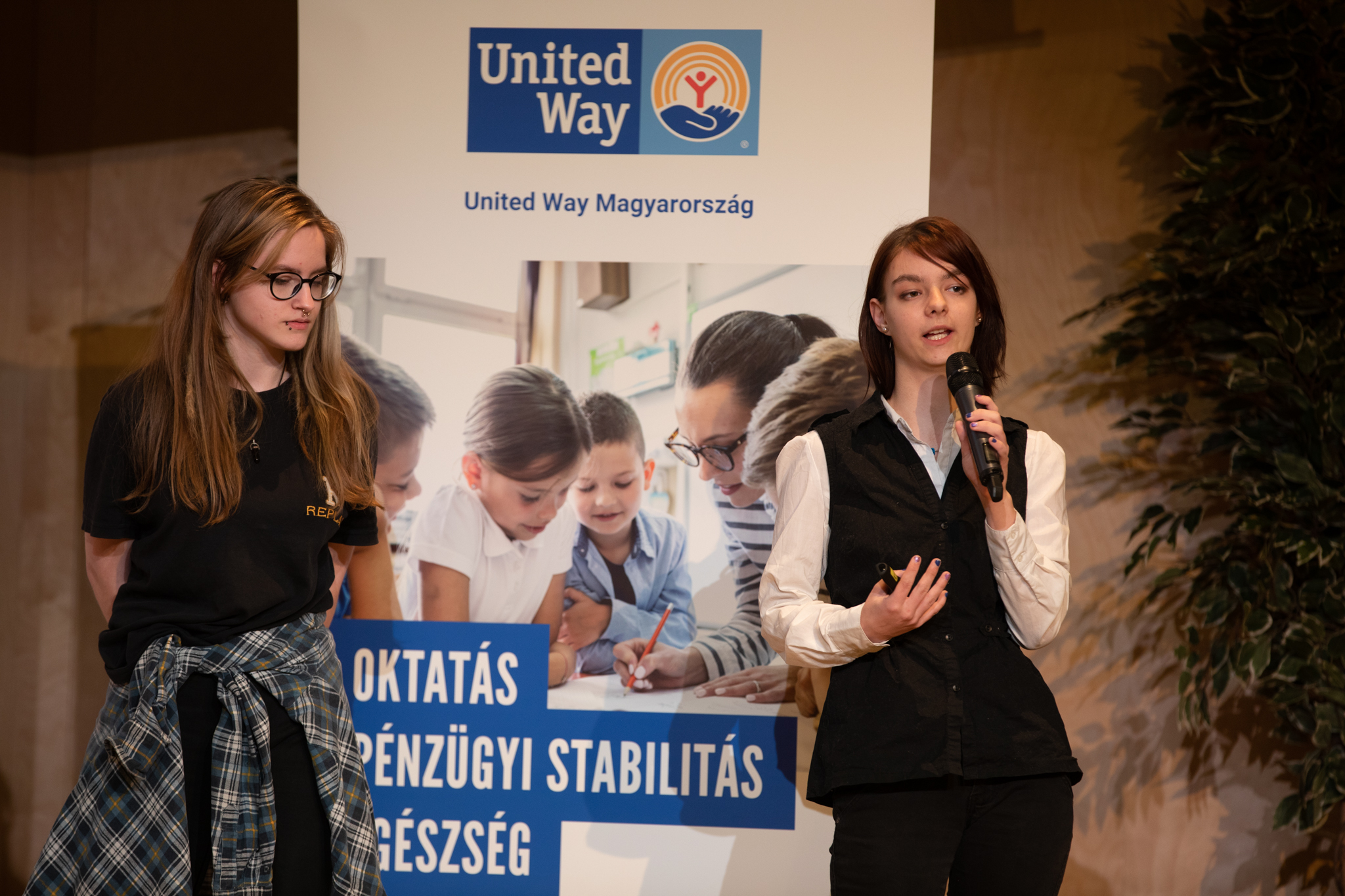Less than half of Hungarians say politics reported fairly

Public audiences around the world overwhelmingly agree that the news media should be unbiased in its coverage of political issues, according to a new report by the nonpartisan Pew Research Center based on a survey of 38 countries, including Hungary.
The U.S.-based Pew Research Center conducted its international poll on news media habits and attitudes among 41,953 respondents from February 16 to May 8, 2017, according to a press release sent to the Budapest Business Journal.
A median of 75% across the nations polled say it is never acceptable for a news organization to favor one political party over others when reporting the news. Just 20% say this is sometimes acceptable.
In Hungary, less than half of the public, 42%, say the local news media are reporting political issues fairly, although 54% consider that the news is reported accurately. When asked specifically about the support of governing parties in news reports, 55% of respondents said the news media support governing parties, and only 35% said the contrary.
In total, 74% of Hungarians said they follow national news very or somewhat closely, and 49% follow news about other countries, but only 8% do so "very closely."
In general, people in Europe show the greatest opposition to political bias in their news, including 89% in Spain and 88% in Greece who think it is unacceptable. In the United States, 78% say the news media should never favor one political party over another. In only five countries – Israel, India, Philippines, South Korea and Colombia – do three-in-ten or more believe it is acceptable to favor one side.
Digital technology is influencing news habits across the globe, though its use is still far from universal. Overall, a median of 42% among the 38 countries surveyed say they get news on the internet at least once a day. In 14 countries, half or more of adults get news online daily.
The survey also asked a separate question on how often people get news specifically on social media sites. Overall, a global median of 35% get news daily through social media, with the highest levels in South Korea (57%), Lebanon (52%) and Argentina (51%).
The public is highly engaged with news, but more so with news that’s close to home. Large majorities around the world follow national and local news closely (global medians of 86% and 78%, respectively). People are much less interested in news about other countries (a global median of 57%).
A sortable table with demographic differences in respondents’ use of social media and the internet for getting news is available here.
SUPPORT THE BUDAPEST BUSINESS JOURNAL
Producing journalism that is worthy of the name is a costly business. For 27 years, the publishers, editors and reporters of the Budapest Business Journal have striven to bring you business news that works, information that you can trust, that is factual, accurate and presented without fear or favor.
Newspaper organizations across the globe have struggled to find a business model that allows them to continue to excel, without compromising their ability to perform. Most recently, some have experimented with the idea of involving their most important stakeholders, their readers.
We would like to offer that same opportunity to our readers. We would like to invite you to help us deliver the quality business journalism you require. Hit our Support the BBJ button and you can choose the how much and how often you send us your contributions.









